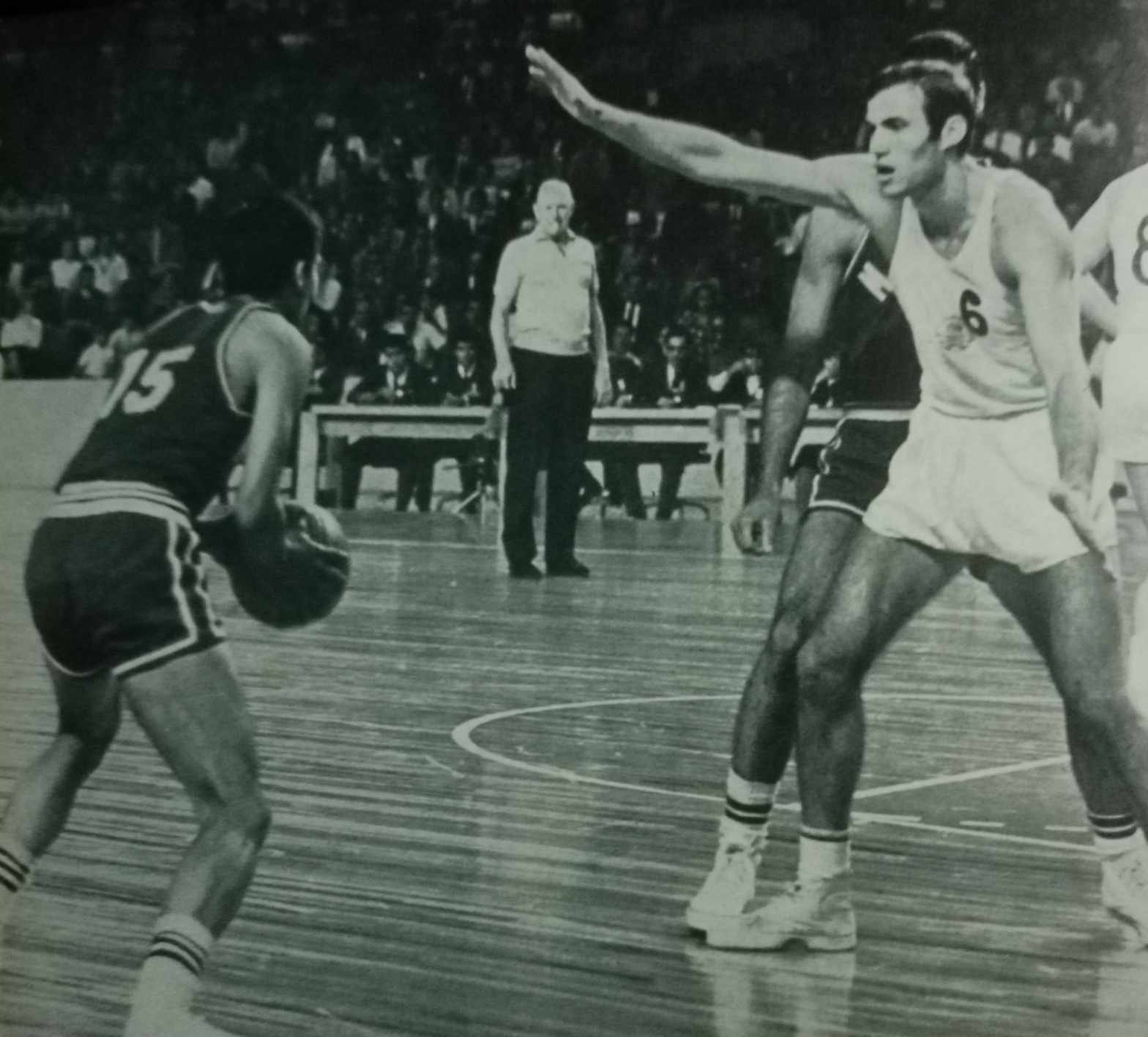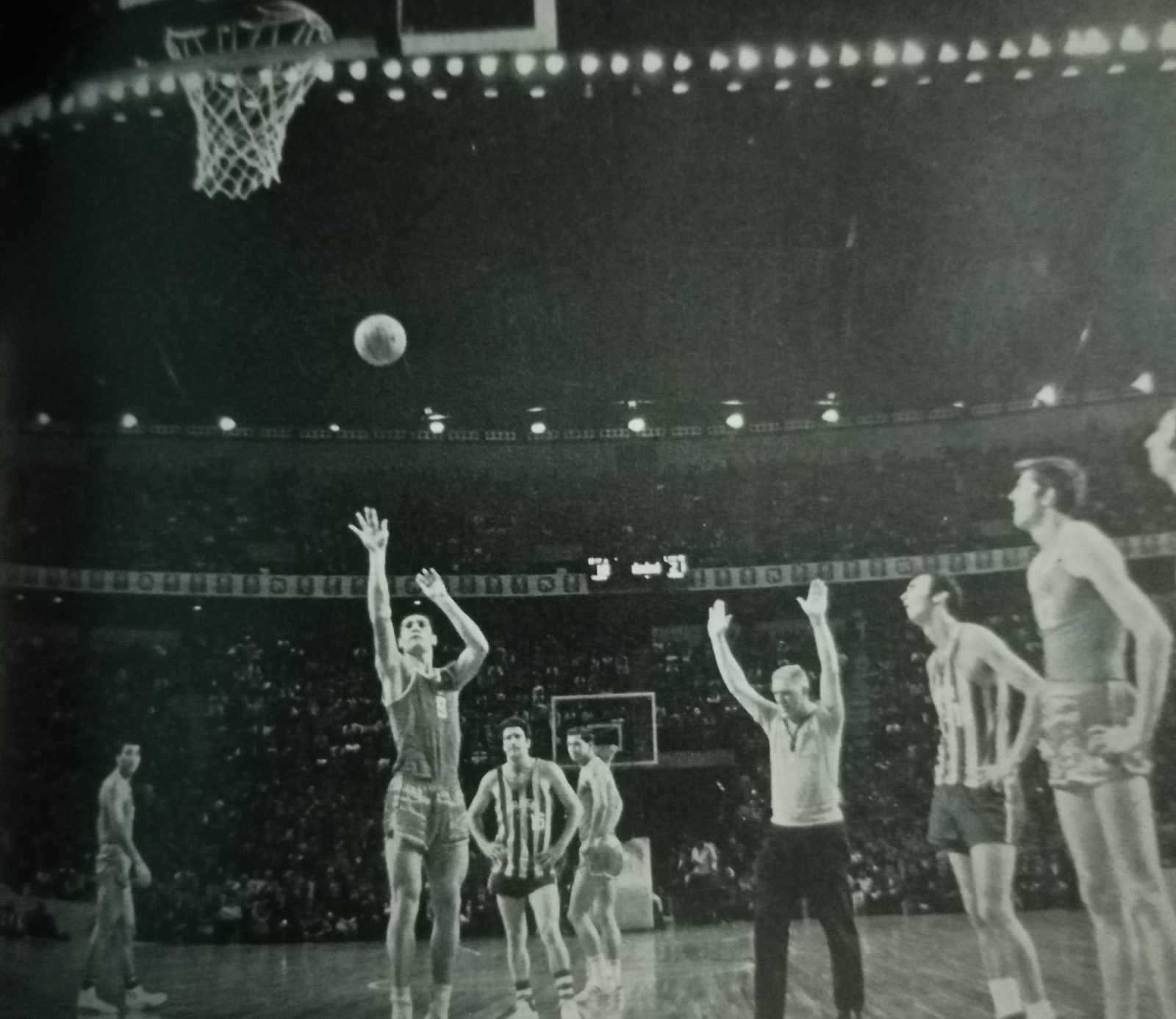by Henry Liao
The Philippines first played host to the FIBA World Cup (then known as the FIBA World Basketball Championship) in 1978.
But it could have been much, much earlier if not the country was embroiled in a controversy that involved our government, specifically during the administration of then-President Diosdado Macapagal (1961-65).
Government intervention it was.
And here’s the story.
The FIBA Central Board, at its session in Santiago de Chile, had accepted the invitation extended by the Basketball Association of the Philippines to host the 4th World Championship in Manila.
According to FIBA’s “The Basketball World” book, the Philippines had been very active in international basketball and had taken part in all Olympic basketball tournaments and two World Championships; they had also taken part of course in all Asian Games and Asian Basketball Championships.
The choice of the Philippines as the venue of a World championship was therefore wise and proper.
Then the Philippine government intervened. President Macapagal refused to allow players from Yugoslavia, a participant, to enter the country. As a result, Manila’s World hosting was aborted.
Politics had interfered with sports A few weeks before the date set for the World Games, the Philippine government had decided to refuse entry visas to players and officials coming from countries with a socialist regimes.
There ensued a “tremendous battle” involving Macapagal, ministers of state, the media and the sports people in the country, but to no avail.
The president of the BAP, Olympian Ambrosio Padilla, and its Secretary General, future FIBA Hall of Famer Dionisio Calvo, made a hasty trip to the FIBA headquarters in Munich, Germany in the hope of salvaging the World Championship.
However, they returned to Manila disconsolate. The Philippine government simply would not overturn its decision.
The FIBA finally took the bull by its horns. The Executive Commission of the FIBA hurriedly convened by its Secretary General, met at Munich early in November 1962 under the chairmanship of the FIBA president.
It decided (a) to withdraw the World Championship from the Philippines, (b) to exclude the Philippine national team from the next World Championship, and (c) to impose a fine of US$2,000 on the Basketball Association of the Philippines.
It also decided as several teams that had planned to attend the World Championship were already on their way to Manila, to authorize an invitational tournament to be held without a FIBA title here. It also accepted the invitation of the Brazilian Basketball Confederation to stage the 4th World Championship in Rio de Janeiro, Brazil in May 1963. (The host country romped away with the crown. Yugoslavia secured the silver and the old Soviet Union settled for the bronze.)
As an offshoot of the aborted World Championship hosting, the FIBA also penalized the Philippines by stripping the automatic qualification of its national team to the 1964 Tokyo Olympics.
The Nats, skippered by Carlos (Caloy) Loyzaga for a second consecutive edition, had topped the Asian Basketball Confederation Championship in the Republic of China (now Taipei, Taiwan) in 1963, beating the hosts, 91-77, in a playoff after the ROC had defeated the Pinoys, 96-81, in the top-four championship round to finish with an identical 8-2 record with its victim.
Stripped of its automatic Olympic entry, the Philippines was forced to qualify again through the pre-Olympic qualifying tournament in Yokohama, Japan in September 1964.
It was a total disaster. While there were five other Asian countries in the 10-team field, the Filipino placed just sixth with a 3-6 record, losing even to Indonesia, 98-86. Mexico, Australia, Canada and the Republic of Korea advanced to the Olympics proper in Tokyo.
The Philippines never qualified for the quadrennial World Championship again until 1974 in San Juan, Puerto Rico. The Nats were built around skipper Jaime Mariano and stars Robert (Sonny) Jaworski, Ramon Fernandez, William Adornado, Manuel Paner, Francis Arnaiz and Alberto Guidaben.
Finally, in 1978, the FIBA again awarded the hosting rights to the Philippines but, no thanks to the birth of Asia’s first professional league, the Philippine Basketball Association, three years earlier, the team was represented by a ragtag team composed of the top players from the amateur ranks. The Nats were automatically seeded into the final round of eight teams but dropped all of their eight assignments in the 14-nation tournament, including the seventh vs. eighth classification game, to finish eighth overall.
Forty-five years later, the Philippines is back as a co-host of the FIBA World Cup (renamed as such in 2014) along with Indonesia and Japan.
- GOLD FOR OBIENA? - July 25, 2024
- Diana Taurasi’s Golden Opportunity at the 2024 Paris Olympics - July 10, 2024
- Auerbach’s 12 Favorite Playoff Players - June 5, 2024



